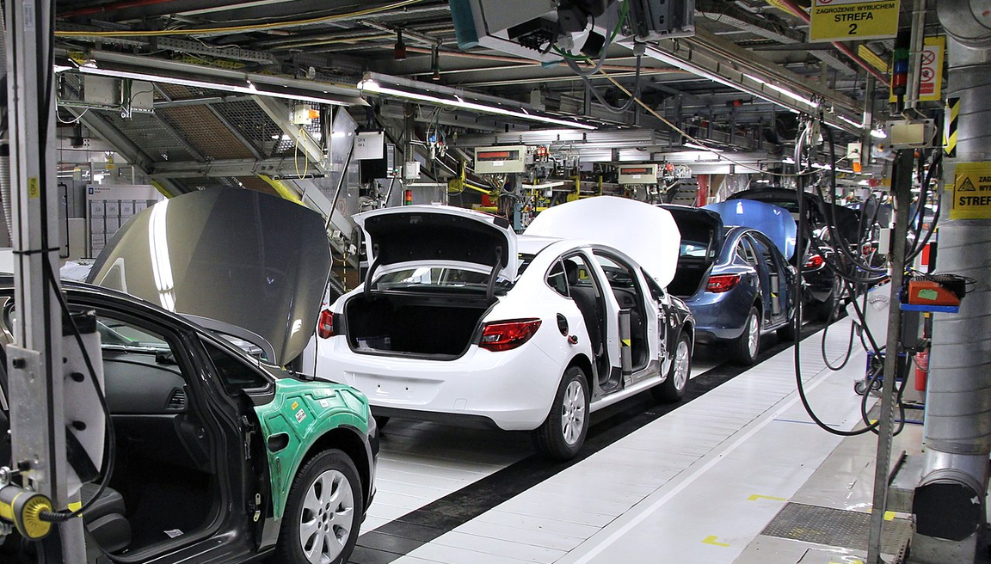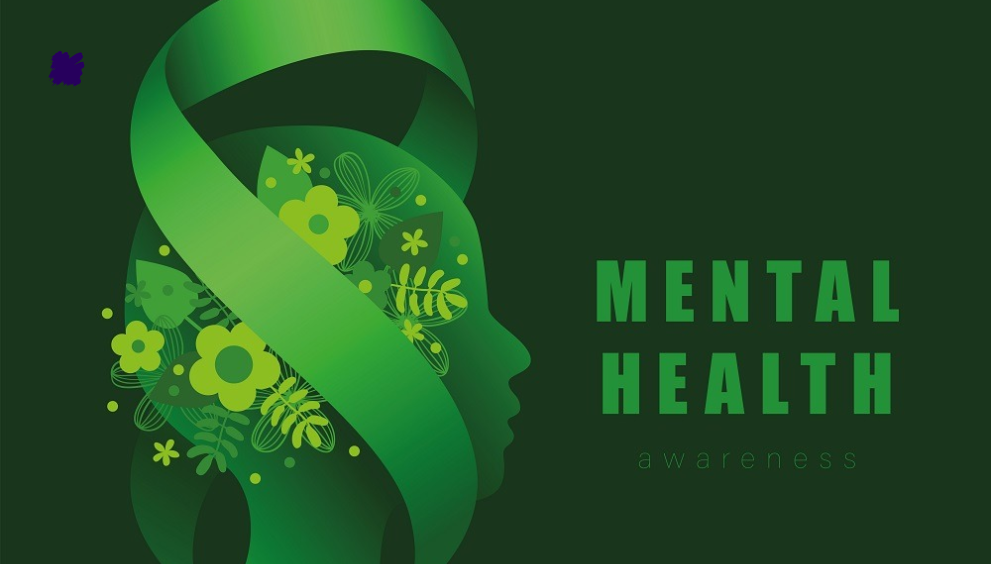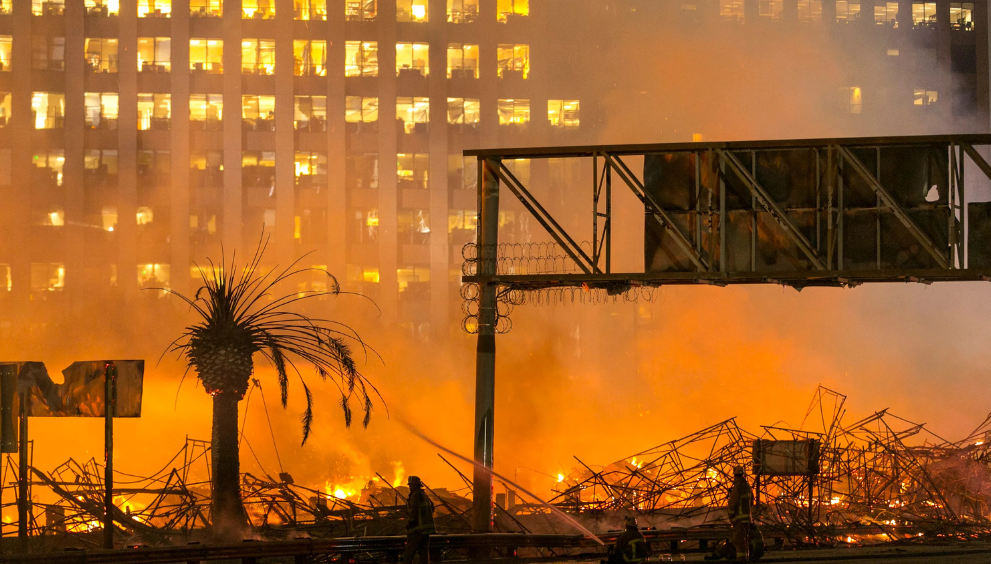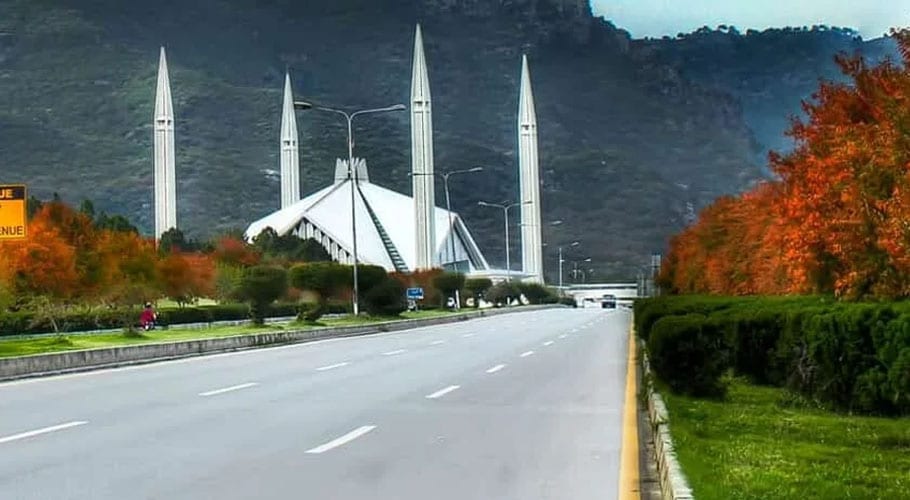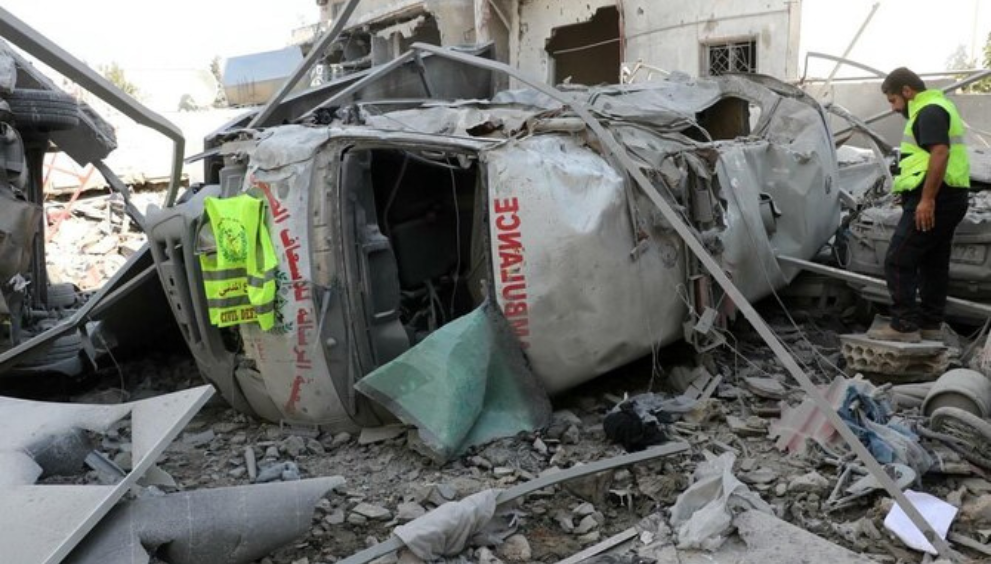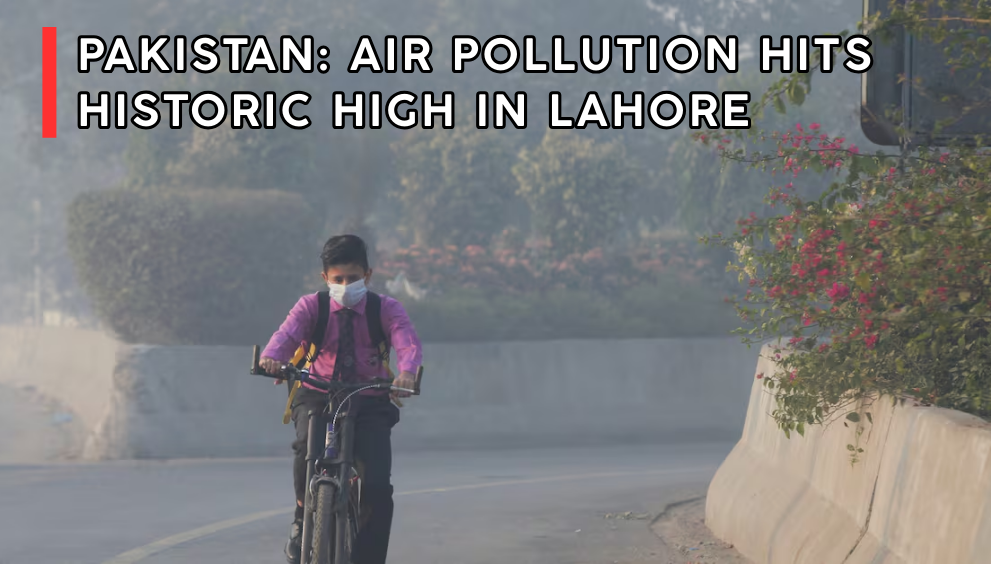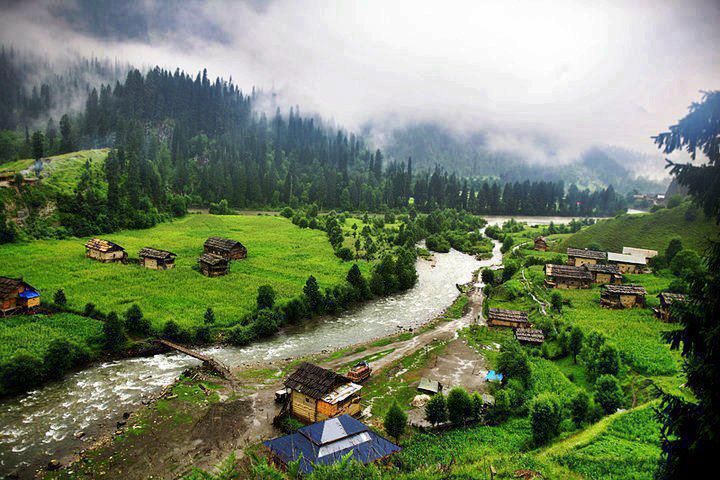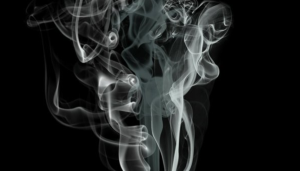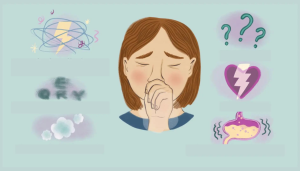Tragic Loss: 5 Children Die from Coal Gas Poisoning
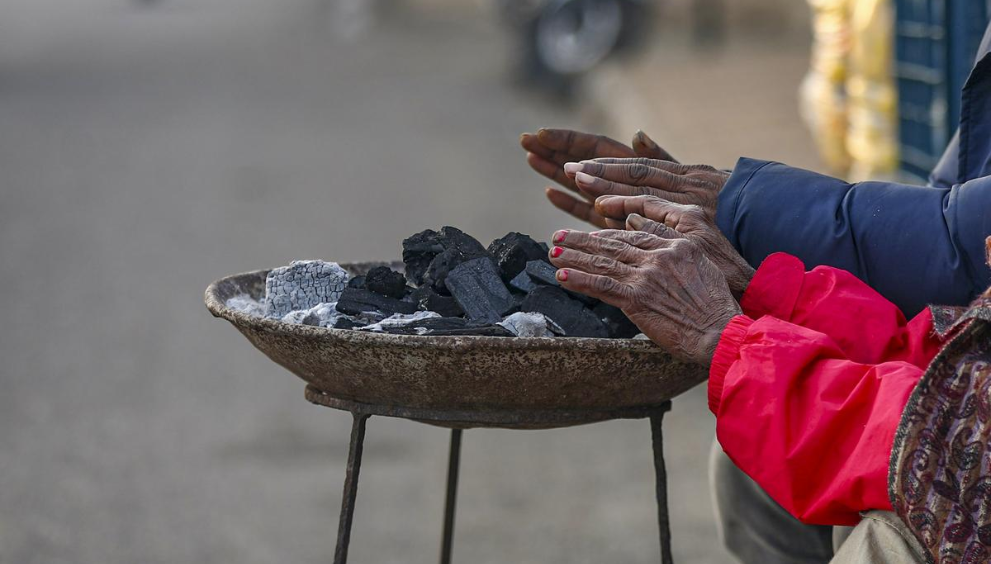
Tragic Loss: 5 Children Die from Coal Gas Poisoning
A devastating incident occurred recently in a small residential area, where 5 children Die from coal gas poisoning. The tragic event has shocked the local community and served as a harsh reminder of the hidden dangers of using coal and other unsafe fuels in poorly ventilated spaces. The loss of these young lives is not only a heartbreaking event for their families but also a wake-up call for society to rethink the risks posed by traditional heating and cooking methods.
Coal Gas Poisoning: What Happened?
The heartbreaking incident unfolded when the children, aged between 3 and 12 years, were exposed to high levels of coal gas in their home. The family had been using coal as a heat source during the colder months, unaware of the severe risks associated with burning coal indoors. The gas produced from burning coal began to accumulate in the closed-off space, and due to the lack of ventilation, the family was exposed to carbon monoxide, a lethal gas that is nearly impossible to detect with the human senses.
Coal gas poisoning is a serious issue that has claimed countless lives around the world. The gas emitted when coal burns, specifically carbon monoxide (CO), is colorless, odorless, and tasteless, making it especially dangerous in confined spaces. With no immediate warning signs, victims of carbon monoxide poisoning can fall unconscious or die without ever realizing they were in danger.
The Danger of Coal Gas and Carbon Monoxide

Carbon monoxide is a deadly gas produced when coal, wood, or other fuels burn incompletely. It can quickly accumulate in indoor spaces, especially if the room is poorly ventilated. Without proper ventilation, the gas can reach dangerous levels, leading to suffocation and ultimately death.
This tragic event has shed light on the dangers of using coal and other traditional fuels for heating and cooking in households. In many areas, coal is still used as an affordable source of heat, especially in rural or economically disadvantaged regions.
Raising Awareness About the Dangers of Coal Gas Poisoning

Local authorities are investigating the incident, but the tragedy has already sparked a broader conversation about the safety of using coal indoors. Experts are calling for greater public awareness regarding the risks associated with coal gas poisoning and other household hazards.
As coal and other harmful fuels continue to be widely used in households around the world, many are advocating for safer alternatives. Solutions such as electric heating, gas stoves, and other clean energy sources are being promoted to replace coal and reduce the risk of poisoning. Furthermore, efforts to educate the public about the signs of carbon monoxide poisoning and the importance of regular checks for ventilation are critical in preventing similar tragedies.
The Importance of Proper Ventilation and Safer Fuel Alternatives
Proper ventilation is crucial when using any type of fuel that produces carbon monoxide. This includes ensuring that chimneys, flues, and vents are free from obstruction and are working properly. Installing carbon monoxide detectors in homes, especially in areas where coal or gas is used, is another effective way to prevent poisoning. These simple precautions can make all the difference in saving lives.
Conclusion: A Wake-Up Call for Change
The tragic loss of five young lives is a painful reminder of the dangers of coal gas poisoning. It is essential for communities worldwide to recognize the risks associated with using coal and other traditional fuels in enclosed spaces. Awareness, education, and the adoption of cleaner, safer alternatives can help prevent such heartbreaking tragedies in the future. We must act now to ensure that no more lives are lost due to coal gas poisoning.Read more informative blogs

 English
English 










